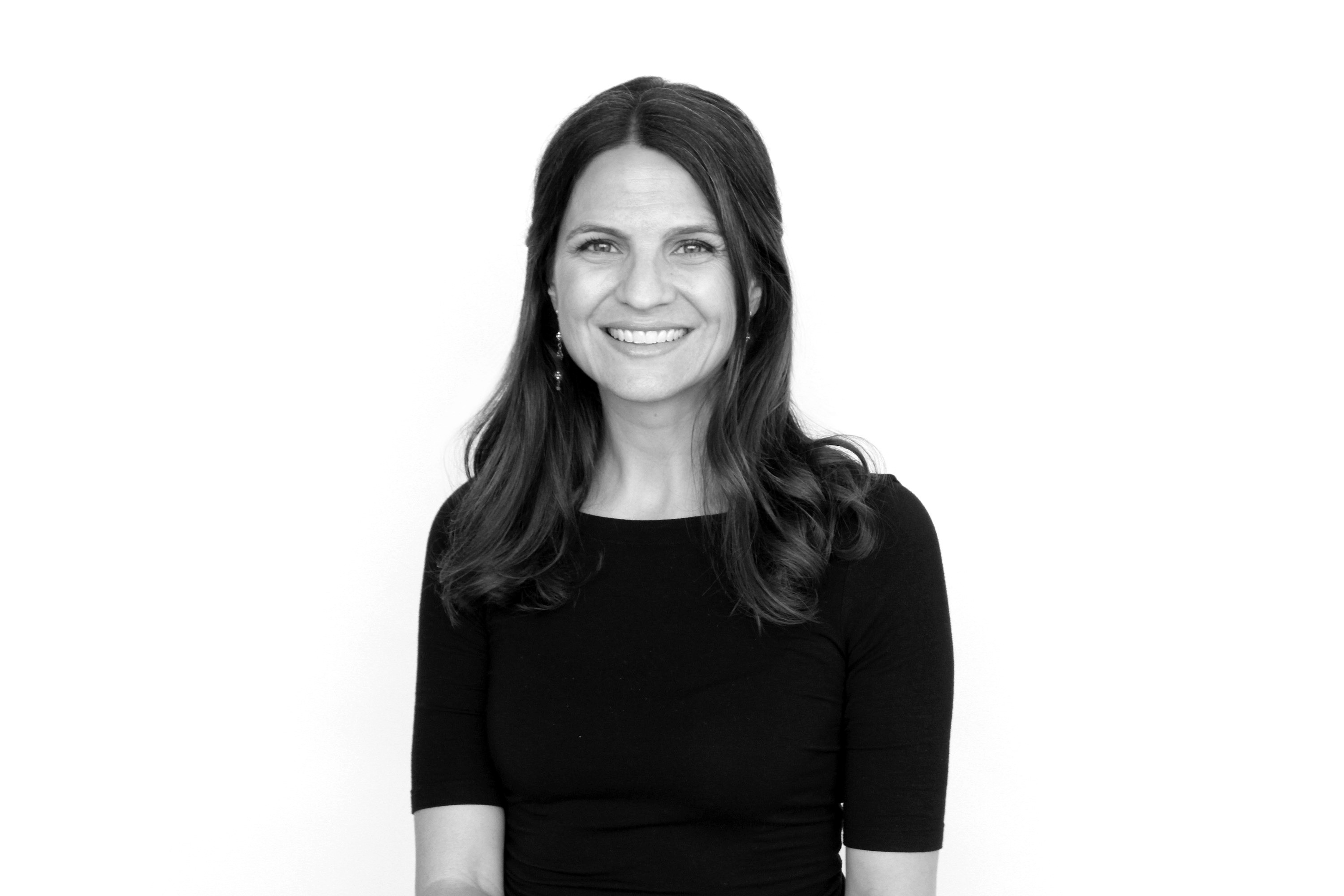When Rabbi Sharon Brous, senior rabbi of IKAR, founded the Los Angeles-based congregation in 2004, her initial goal was to draw people in who were disconnected from Jewish life or turned off by institutional religion. This objective underlies the challenges and blessings of IKAR, which approaches prayer, social justice and Judaism with intentionality.
In a recent conversation with JewishBoston, Brous said that 15 years ago the world “was on fire.” She added: “We required a Jewish moral response to what was going on. We needed to create a space in which our Jewish life and ritual life was rich and joyful and inspiring to help us figure out how to be human beings in the world.” That ambitious goal, however, began humbly. Brous, along with a group of dedicated friends, had what they thought were realistic expectations of who would be interested in their venture. “We called it a ‘shotgun wedding’ and thought we’d attract 20 people for our first Friday night service,” she said. “We were surprised when 135 people showed up. This was before Facebook, so it was all word of mouth.”
Brous attributed the early and ongoing success of IKAR to a desire to “reclaim a prophetic voice in the Jewish world that would bring a sense of joy, love, forgiveness and purpose into Jewish life. We wanted to give people a sense of how to live more meaningfully in the world. We found that there is an incredible hunger for imaginative, morally courageous and moral Jewish experience.”
Soon after, Brous wrote a mission statement for the new venture, which was the basis of her powerful 2016 TED talk. In that talk, “Reclaiming Religion,” she asserted that one of the great failures of religious life was the “routine-ism”—the endless, mindless repetitions that occur in liturgy and services. Brous noted that her charge, especially during the High Holiday season, is to bring a fresh dynamism to the prayers. She believes the High Holidays can be a transformative experience. “I learned from Rabbi Mordechai Kaplan that if you walk out of synagogue the same person you were when you walked in, you wasted three hours of your life,” she said. “I’ve experienced incredible, soul-shaking ritual experiences. My challenge is to translate to my community the power and possibility of shared prayer experiences that people are not expecting.”
Brous further added that cultivating a “soul-stirring experience” during a High Holiday service begins by preparing. She compared getting ready for the High Holidays to running a marathon. If you show up at the start of a race without having any training, it’s dangerous for your body, and in the case of the High Holidays, for your soul. “It can be harmful if we don’t prepare,” Brous said. “I realized that a lot of people were walking into services without doing the work they needed to do for the High Holidays. That’s what Elul [the month leading up to the holidays] is for.”

To head off spiritual crises, Brous sends out an annual writing prompt to her congregation at the start of Elul, asking for responses by way of a personal story. She then compiles these narratives into a book that is available to peruse during Rosh Hashanah services. Brous said the exercise has been meaningful for people “to read these stories of one another.” She added: “They not only learn about each other, but they learn about themselves. By the time people walk into High Holiday services, they’ve done the work needed to make it a meaningful experience.”
Brous sent out the first prompt 12 years ago, in which she asked people to talk about various crossroads in their lives. “The message was that you didn’t have to be stuck in harmful patterns,” she said. “We habituate to our own limitations. I solicited people to recall the moments in which they were able to become unstuck. It could be about disengaging from dangerous relationships or patterns. That first year, we received over 200 responses. The resulting booklet was a testimony to the strength and the spirit in our community.”
This year’s prompt comes from the biblical story of Jacob wrestling with the angel. Alone and scared, Jacob fought one of the greatest battles of his life that left him with a permanent limp. Brous described it as a “painful scar and an eternal reminder of what he had endured.” She pointed out that when it was all over at dawn, Jacob insisted that the angel leave him with a blessing. “Jacob carried away a blessing, teaching us that there’s always a blessing that comes in the morning,” she said.
Brous is asking her congregants to consider what their morning blessing would look like. What is the blessing that emerges from the darkness—the blessing that arises from an unforeseen fight? What is the unexpected dawn that comes after a difficult situation? Is it a gesture of kindness when the world was most cruel? Does a new love or friendship “crack open” the heart? Does new self-realization, a new trajectory or some other awareness happen?
This cheshbon hanefesh—the traditional taking stock of the soul—is the continuous work of Elul and the High Holidays. In this accounting, Brous discerns a rising optimism that counters the conflagrations happening in the world. “There is a deep desire for a new America being born right now,” she observed. “We’re in the midst of those birth pains of a new America. We are not going to continue with business as usual. There is a new and different political establishment coming that is inclusive, and one in which we give the dignity of privilege to everybody. We are in the process of moving toward it.”



